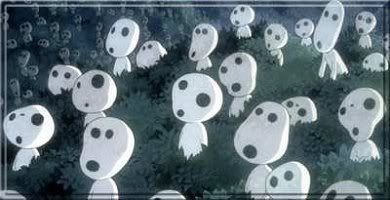
La Terra Trema, the legendary Italian film that launched the career of director Luchino Visconti (who would later direct such classics as Rocco e sei Fratelli and The Leopard with Burt Lancaster) is a decidedly simple film. It moves at a farily slow pace and sustains a running time of nearly 3 hours. All the actors in it are non actors, actual Sicillian fishermen Visconti picked for the movie. This is a mixed blessing: some of the performances are heartbreakingly real, most of them are plain terrible. Gorgeously photographed by Aldo Graziati (credited in the movie as G.R. Aldo) and wonderfully scored by Willy Ferrero, Visconti weaves a beautiful tragedy of the life of the poor. The narration is a stark reminder for the audience members who try to escape from putting themselves in the main character's shoes.
La Terra Trema takes us through the ups and downs of a poor Italian fishing family in a small coastal village where their hard work is exploited by greedy fish merchants. The narrator tells us: They don't even earn enough money to keep from starving. But when they came in from the sea, their nets were full. One day, Ntoni, who of his family seems to be the only one who opposes injustice, comes up with an idea: his family will mortgage the house, buy a boat, and sell their fish themselves in the city.
It takes some convincing, but eventually his family agrees, setting in motion a sad chain of events.
Many of the actor's terribly wooden acting and a strangely abandoned plotline involving Ntoni's brother Cola (what happens to him again?) weighs the film down, but somehow it perseveres. We remember this film because somehow, although we are not Sicilian fishermen, this story seems very real to us, and we can feel their pain, their anguish and humiliation, their anger, their despair, and their final acceptance of defeat. The film's message is told, like most of the film, bluntly, straight out: until the working class unites to oppose injustice, injustice will continue to subdue the working class.
I notice one detail: in the first "haggling" scene we see, the camera floats back and forth dreamily in an especially beautiful shot I felt like mentioning. There are, actually, quite a few gorgeous visuals presented in this film.




